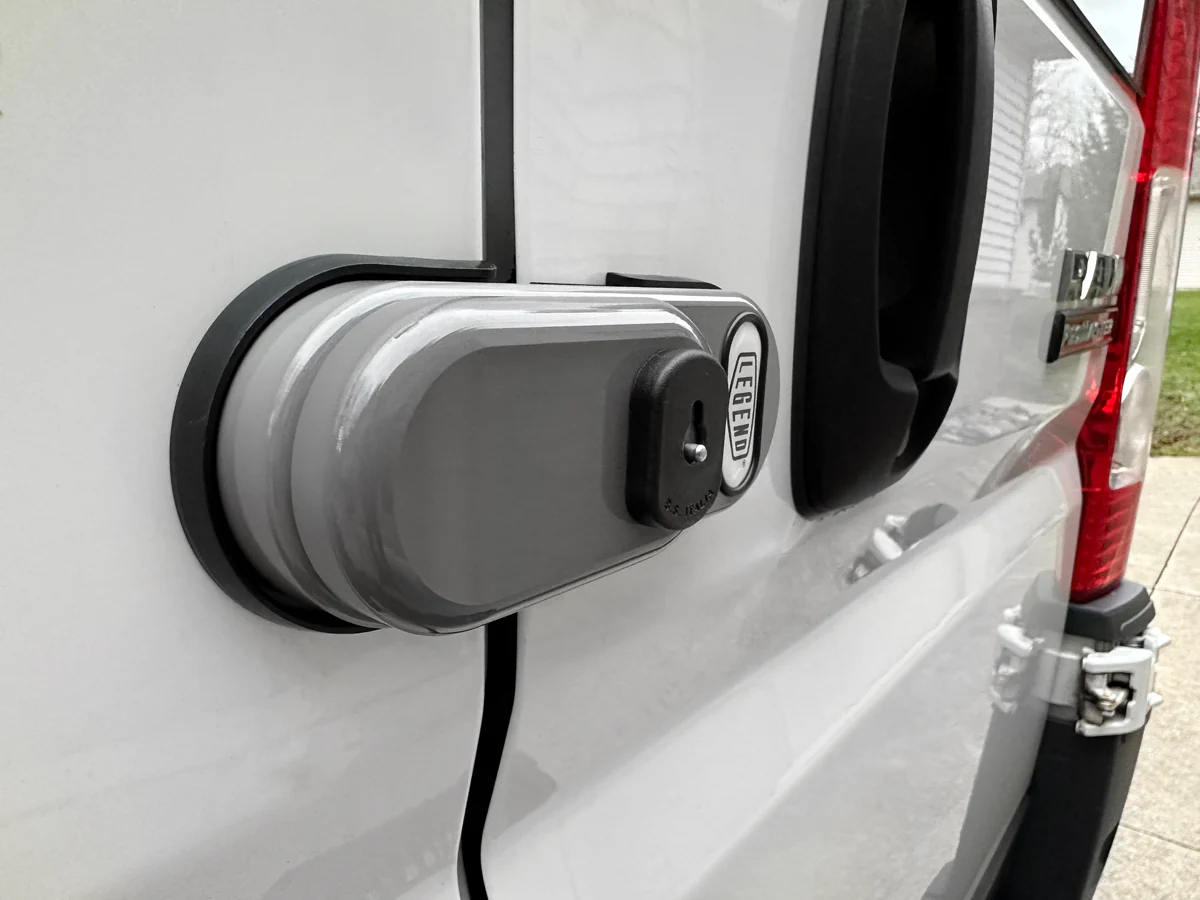
Understanding the Impact of a Relationship Breakup
Going through a relationship breakup can leave deep emotional scars, affecting not just the individuals involved, but also their families and friends. Breakups evoke a myriad of feelings ranging from sadness and guilt to relief and hope. Understanding these emotional reactions can pave the way for a healthier recovery process.
Emotional Reactions to Relationship Breakup
Every breakup is distinct, shaped by the specifics of the relationship, the exit strategy, and the emotional investment made by each party. Common emotions experienced during a breakup include:
- Sadness: A primary emotion stemming from the loss of companionship and future plans.
- Guilt: Particularly for those who initiate the breakup, guilt can be prevalent, leading to self-blame.
- Relief: Sometimes, ending an unhealthy relationship can lead to a sense of relief and liberation.
- Anxiety: Uncertainty about the future can bring about feelings of anxiety.
- Anger: Some individuals may feel anger towards their ex-partner, themselves, or the situation as a whole.
Psychological Factors Influencing Breakup Feelings
Several psychological elements influence how we process a breakup:
- Attachment Styles: Individuals with anxious attachment may react more intensely to a breakup, fearing abandonment.
- Coping Mechanisms: Different coping styles (e.g., avoidance vs. engagement) affect how individuals process grief and loss.
- Previous Experiences: Past relationships can color future reactions, making individuals more resilient or more vulnerable based on prior trauma.
Societal Perspectives on Breakups
Society often carries its own stigma around breakups. Many people view them negatively, equating them with personal failure. However, recognizing the normative nature of breakups can foster a more compassionate approach. Breakups are a common life experience, and understanding this can offer solace to those currently suffering.
The Process of Healing After a Relationship Breakup
Recovery from a breakup is not instantaneous; it’s a gradual journey involving emotional processing, self-reflection, and eventual acceptance. The stages of healing often resemble the stages of grief.
Stages of Grief in a Relationship Breakup
Psychologist Elisabeth Kübler-Ross identified five stages of grief that can also apply to the emotional journey of a breakup:
- Denial: Initial disbelief in the breakup can make it hard to accept what has happened.
- Anger: In this stage, individuals might confront feelings of betrayal, frustration, or helplessness.
- Bargaining: One may find themselves revisiting memories, wondering if things could work out differently.
- Depression: A period where sadness predominates, leading to withdrawal from social interactions.
- Acceptance: This stage involves coming to terms with the breakup and forging a path forward.
The Role of Time in Recovery from a Relationship Breakup
Time serves as a critical component of the healing process. While the length of recovery can vary greatly from person to person, it is important to acknowledge that healing is non-linear. Some may find that they feel better after a few weeks, while others may require months or even years to fully move on. Engaging in self-care and allowing for personal reflection during this time can accelerate recovery.
Self-Care Strategies for Coping with a Relationship Breakup
Implementing self-care practices can significantly aid recovery from a breakup:
- Journaling: Writing about feelings can help process emotional experiences.
- Physical Activity: Exercise releases endorphins that can serve as natural mood elevators.
- Social Support: Leaning on trusted friends and family can alleviate feelings of isolation.
- Limit Contact: Reducing communication with an ex-partner can help prevent emotional triggers.
- Therapy: Professional guidance can provide tools for emotional coping and growth.
Building Strength and Resilience Post-Breakup
Emerging stronger from a breakup is not only possible but can also lead to personal growth and renewed resilience. Implementing strategies that bolster strength can significantly reshape the post-breakup narrative.
Developing a Support System After a Relationship Breakup
A strong support network is an invaluable asset during and after a breakup. Friends and family can provide emotional validation, understanding, and encouragement. It’s essential to reach out to those who are supportive and can offer perspectives that instill hope and resilience.
Finding New Hobbies and Interests After a Relationship Breakup
Pursuing new interests can serve as a therapeutic tool for individuals recovering from a breakup. Engaging in different activities or hobbies fosters a sense of achievement and allows for the exploration of new identities beyond the previous relationship. Consider activities such as:
- Joining a sports team or fitness class
- Enrolling in workshops or courses
- Volunteering for a cause you are passionate about
- Exploring creative outlets like writing, drawing, or music
The Importance of Gratitude in Moving On After a Relationship Breakup
Practicing gratitude during tough times can cue your mind to focus on the positive aspects of life rather than the loss. Keeping a gratitude journal, where you note things you appreciate daily, can transform your outlook.
Common Mistakes to Avoid After a Relationship Breakup
While navigating the choppy waters of a breakup, individuals often make mistakes that can hinder their recovery. Awareness of these pitfalls is key to preventing unnecessary hardship.
Rebound Relationships: A Risky Road After a Relationship Breakup
Entering into a rebound relationship is one of the most common mistakes people make post-breakup. While it may seem like a way to distract oneself from pain, rebound relationships usually lack the depth and connection needed to be healthy and fulfilling. It is crucial to take the time to grieve and understand your emotions before entering a new romantic adventure.
Blocking Out Emotions vs. Processing Feelings After a Relationship Breakup
Emotionally suppressing feelings can prolong the healing process. Facing emotions head-on, rather than running from them, allows individuals to genuinely comprehend their experience and facilitate healing. Seeking therapy or engaging in meaningful dialogue with friends can provide safe spaces for this processing.
Social Media Pitfalls Following a Relationship Breakup
In today’s digital world, social media can exacerbate feelings of loneliness and jealousy after a breakup. Avoiding social media channels, or at least unfollowing or muting an ex, can help reduce emotional pain and limit triggers. Focusing on real-life connections during this time is more beneficial.
Navigating Future Relationships After a Relationship Breakup
Successful navigation of future relationships requires reflection on past experiences and the development of effective strategies. Taking lessons from previous partnerships can empower individuals to create healthier relationships moving forward.
Learning from Past Experiences After a Relationship Breakup
Each breakup provides an opportunity for learning. Reflecting on what worked, what didn’t, and what personal traits contributed to the relationship dynamics will help formulate a better understanding of what one desires in future partnerships.
Building Healthy Relationship Patterns After a Relationship Breakup
Identifying positive patterns in relationships is essential. Communicating openly, establishing shared values, and ensuring both partners contribute to the growth of the relationship will foster healthier dynamics. Prioritizing emotional maturity and reassurance of basic needs—such as respect and honesty—is crucial.
Communication Skills for New Relationships After a Relationship Breakup
Effective communication is the cornerstone of any successful relationship. After a breakup, focusing on improving communication skills can significantly enhance future relationships. Skills such as active listening, expressing feelings openly, and maintaining boundary-setting can facilitate deeper connections and prevent misunderstandings.







